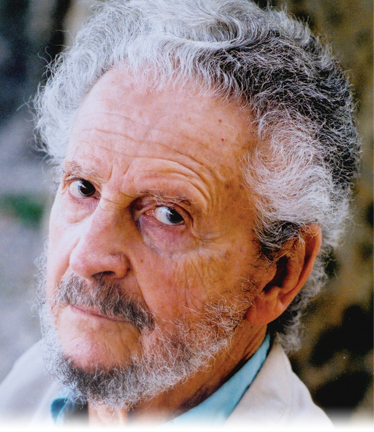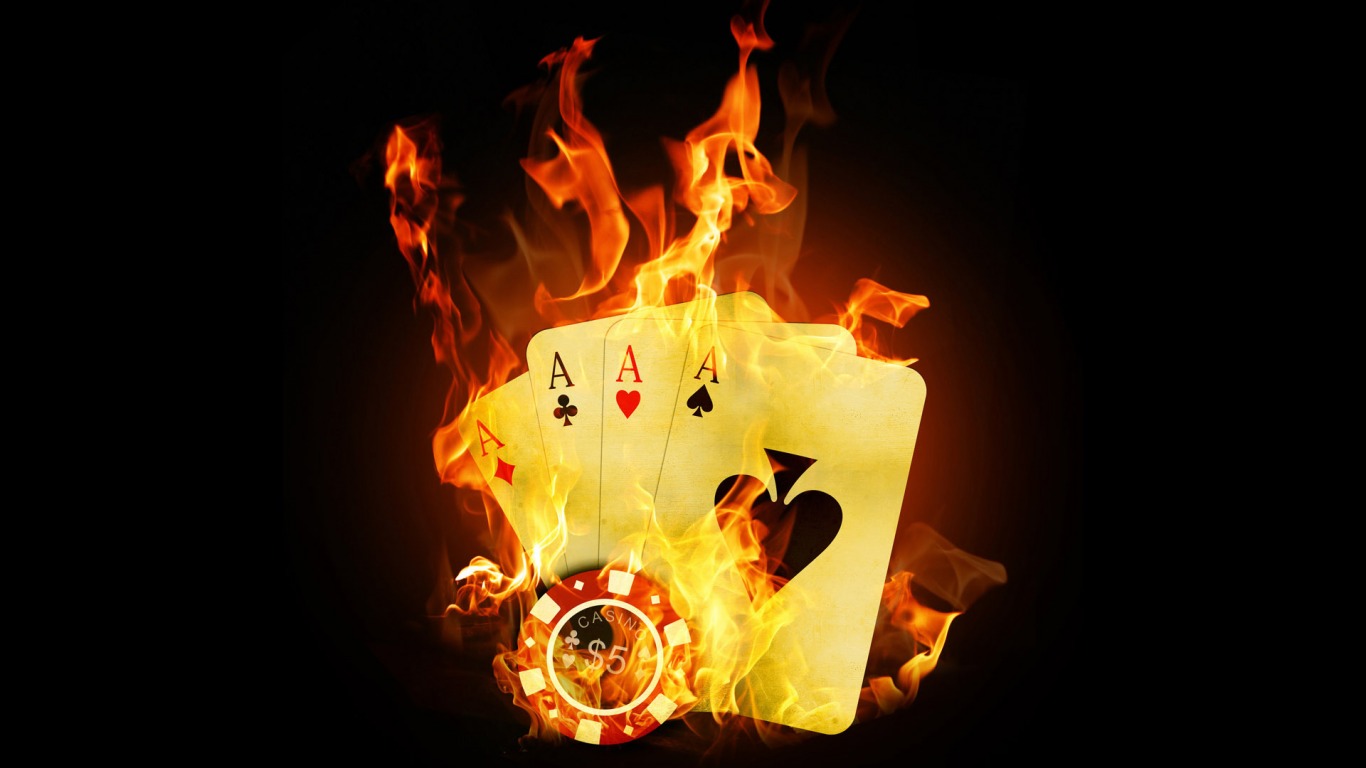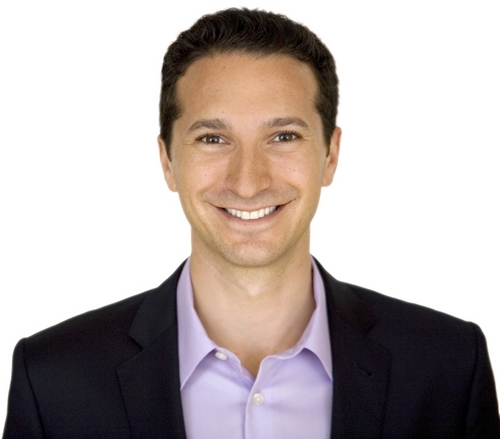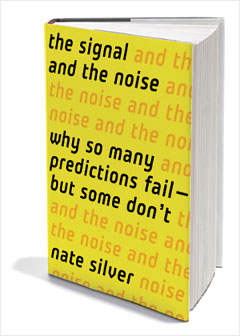
By David Premack
By observing children in the 1960s, David Premack realized that some parents were using a habit to enhance another. For example, the child enjoys playing video games, but he does not like cleaning his room. The parent, he wants her child to range his room and would he spent less time playing video games. He often plays while he rarely tidies her room and takes this activity lightly. So parents more informed (or manipulative) offer more time for video games when their child's bedroom is tidy. A habit that rewards another. It is sure that there are debates on this principle of reward and habit, but most parents will demand that the Chamber is row to allow their child to play.
I remembered the Premack Principle last summer during a preliminary WSOP NLHE event. Five professional players were sitting near each other on four tables; among these pros, there were Phil Hellmuth, Mike Matusow, Layne Flack, and Huck Seed. The fifth player will remain anonymous, because it is one that used a form of the Principle of Permack, and in addition I reveal here the strategy. Call it the... Bill for this exercise.
Here is how the game went. It was the first round of blinds, which means that with the deep stack WSOP structure, there was little chips in play, compared to the stacks of players. Five pros were discussing among themselves, making successful bets and is racontaientt the prop bets they had heard about the series of 2008. They wore much more attention to the conversation than in the hands of this first round.
Bill, the pro, was the farthest from the center of the conversation, so he constantly had to turn on his chair to speak with other players. In fact, he spent a lot of time off from his table to talk with other pros. When sitting, Bill played some of his hands and foldait on the flop or the turn facing warnings of continuation. He seemed to play more hands, but he was involved in no big pot. He had the ability to read opponents and it seemed more interested in talking with the other pros to play his cards.
Thirtieth hand about, Bill looked at his cards and went there a raise, his first. He paid attention to his cards and has calle a bet on a flop of K-8-6. When the river brought a 2 and his opponent has bet the pot, taken a few minutes Bill to reflect, then showed his ladies pocket and lay down them. The other player showed him his A - K and then hand finished as well. Bill returned to the distraction of the discussion and lay down several hand post-flop.
When the players returned from the first break, Bill remained standing. During several hands, Bill looked at his maps and down them simply, he was dealing with Mike Matusow about the structure of the blinds of the FTES versus that of the WSOP. When finally he is sitting, he continued to seem as interested in the discussion off the table. Then came this hand.
An early position player to open with a raise, this player had picked up lots of pots of our pro with post-flop bets. Bill has calle pre-flop without ending her discussion with Phil Hellmuth about an upcoming charity tournament. The flop has A-K-8 and the player who had raisé in early position bet one-third of the pot. Of course Bill cal, still speaking with Phil. The turn is a 6 and the same raiseur pre-flop raise half the pot, Bill must ask what is the stake because it did not caution, then apologizes and call. The river drops another K, after a bet the size of the pot on the part of the player in early position, Bill raise, his opponent then all in shoot and Bill call instantly. The dealer exclaimed "All in and call!" to warn the ESPN cameras lurking near these tables, and more Huck Seed and Layne Flack rose up to come see the hand. When everyone was ready, the player in early position showed his A - K, which gave a full KKKAA and our selfless professional showed his pocket aces, for a full k-k. He won and doubled.
In moving away from the table Huck said: ' is he really believed that Bill did not attention to the game? ''
What is Bill had really scripted this situation? Well, yes it did. I know because I asked him at the next break. He has not called the Premack Principle, but me if. Leaving your opponent do something he likes really (take your chips while you fold your hand), you can take him to do something he doesn't like, like playing for a big pot out of position when you do fold not!
Here is how the game went. It was the first round of blinds, which means that with the deep stack WSOP structure, there was little chips in play, compared to the stacks of players. Five pros were discussing among themselves, making successful bets and is racontaientt the prop bets they had heard about the series of 2008. They wore much more attention to the conversation than in the hands of this first round.
Bill, the pro, was the farthest from the center of the conversation, so he constantly had to turn on his chair to speak with other players. In fact, he spent a lot of time off from his table to talk with other pros. When sitting, Bill played some of his hands and foldait on the flop or the turn facing warnings of continuation. He seemed to play more hands, but he was involved in no big pot. He had the ability to read opponents and it seemed more interested in talking with the other pros to play his cards.
Thirtieth hand about, Bill looked at his cards and went there a raise, his first. He paid attention to his cards and has calle a bet on a flop of K-8-6. When the river brought a 2 and his opponent has bet the pot, taken a few minutes Bill to reflect, then showed his ladies pocket and lay down them. The other player showed him his A - K and then hand finished as well. Bill returned to the distraction of the discussion and lay down several hand post-flop.
When the players returned from the first break, Bill remained standing. During several hands, Bill looked at his maps and down them simply, he was dealing with Mike Matusow about the structure of the blinds of the FTES versus that of the WSOP. When finally he is sitting, he continued to seem as interested in the discussion off the table. Then came this hand.
An early position player to open with a raise, this player had picked up lots of pots of our pro with post-flop bets. Bill has calle pre-flop without ending her discussion with Phil Hellmuth about an upcoming charity tournament. The flop has A-K-8 and the player who had raisé in early position bet one-third of the pot. Of course Bill cal, still speaking with Phil. The turn is a 6 and the same raiseur pre-flop raise half the pot, Bill must ask what is the stake because it did not caution, then apologizes and call. The river drops another K, after a bet the size of the pot on the part of the player in early position, Bill raise, his opponent then all in shoot and Bill call instantly. The dealer exclaimed "All in and call!" to warn the ESPN cameras lurking near these tables, and more Huck Seed and Layne Flack rose up to come see the hand. When everyone was ready, the player in early position showed his A - K, which gave a full KKKAA and our selfless professional showed his pocket aces, for a full k-k. He won and doubled.
In moving away from the table Huck said: ' is he really believed that Bill did not attention to the game? ''
What is Bill had really scripted this situation? Well, yes it did. I know because I asked him at the next break. He has not called the Premack Principle, but me if. Leaving your opponent do something he likes really (take your chips while you fold your hand), you can take him to do something he doesn't like, like playing for a big pot out of position when you do fold not!




